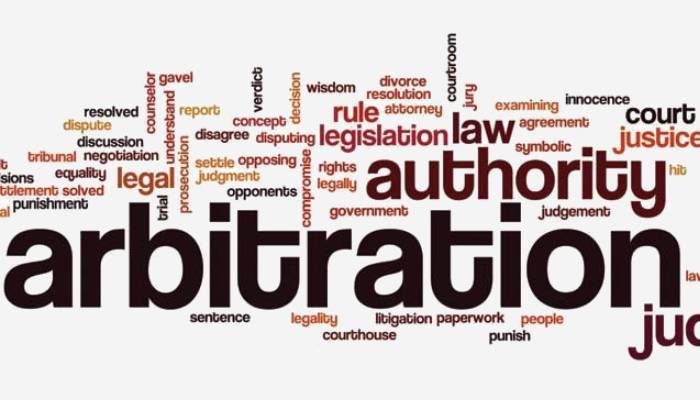
or

An independent and impartial judiciary is vital to the rule of law. Few would doubt that this should apply equally to arbitration, although it lacks a permanent “judiciary” rooted in a single legal culture. This creates potential conflicts of interest that may leave awards open to challenge, and challenges to arbitrators’ impartiality are becoming more common.
To assist, the International Bar Association formulated the IBA Guidelines on Conflicts of Interest in International Arbitration, (amended in 2014). Although, not binding on national courts, the English Court draws on them for assistance. In W Ltd v M SDN [2016] EWHC 422 (Comm), where the complaint was that the arbitrator’s law firm advised an affiliate of one of the parties, the Court observed in relation to the IBA Guidelines (at para. 44):
It would be possible simply to say that the 2014 IBA Guidelines are not a statement of English law and then not enter into any examination of them. However, the present arbitration is international, and parties often choose English Law in an international context. Thus, the role of this Court has an international dimension (…).
Institutions are responding to this issue by clarifying their appointment requirements. On 22 February 2016 the ICC published a “Note to Parties and Arbitral Tribunals” including guidance for completing the Statement of Acceptance, Availability, Impartiality and Independence. It calls specific attention situations such as where the arbitrator has acted as an arbitrator in previous arbitrations involving one of the parties.
The successful challenge to the award in Cofely Ltd v Bingham [2016] EWHC 240 (Comm) highlights the importance of this issue. During an arbitration brought by a construction claim consultant, the Defendant learned that the Claimant was accused in another case of improprieties to secure the appointment of the same sole arbitrator. The evidence disclosed that 25 of the arbitrator’s appointments in the previous 3 years had come from the Claimant (or its clients), which accounted for 25% of his income. This was not disclosed when accepting the appointment. Also, when applying for the appointment of arbitrators the Claimant habitually specified selection criteria (a quantity surveyor and barrister) which narrowed the eligible candidates, restricted further by advancing a “black list” of candidates on the grounds of potential conflicts.
This decision will bring into focus issues about the appointing practices of regular arbitration users, the adequacy of disclosures made by prospective arbitrators, and how conflicts are managed. Institutions must also remain vigilant to guard against manipulations of the process. Ultimately, the risk is that the resulting award is set aside
Leigh Crestohl specialises in international commercial dispute resolution and arbitration. He has 12 years of experience representing clients in commercial arbitration proceedings before international arbitration tribunals seated in London, Paris and Canada.

Lex Witness Bureau

Lex Witness Bureau

For over 10 years, since its inception in 2009 as a monthly, Lex Witness has become India’s most credible platform for the legal luminaries to opine, comment and share their views. more...
Connect Us:


The Grand Masters - A Corporate Counsel Legal Best Practices Summit Series
www.grandmasters.in | 8 Years & Counting
The Real Estate & Construction Legal Summit
www.rcls.in | 8 Years & Counting
The Information Technology Legal Summit
www.itlegalsummit.com | 8 Years & Counting
The Banking & Finance Legal Summit
www.bfls.in | 8 Years & Counting
The Media, Advertising and Entertainment Legal Summit
www.maels.in | 8 Years & Counting
The Pharma Legal & Compliance Summit
www.plcs.co.in | 8 Years & Counting
We at Lex Witness strategically assist firms in reaching out to the relevant audience sets through various knowledge sharing initiatives. Here are some more info decks for you to know us better.
Copyright © 2020 Lex Witness - India's 1st Magazine on Legal & Corporate Affairs Rights of Admission Reserved